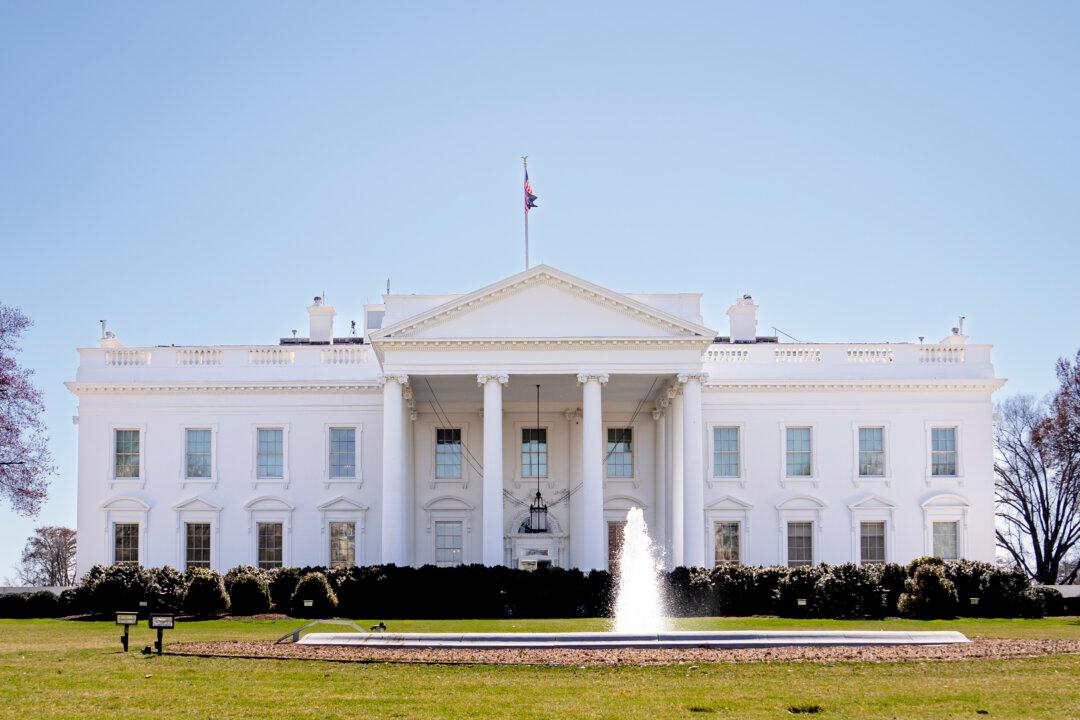The Atlantic on March 26 published more messages from the Signal group chat that included top U.S. officials, including Vice President JD Vance and Defense Secretary Pete Hegseth.
Atlantic editor-in-chief Jeffrey Goldberg was added to the group, which officials said is being investigated, as the chat involved discussion of an attack on Houthi terrorists in the Middle East. The outlet had declined to release all of the messages, saying some of them “if they had been read by an adversary of the United States, could conceivably have been used to harm American military and intelligence personnel.”





